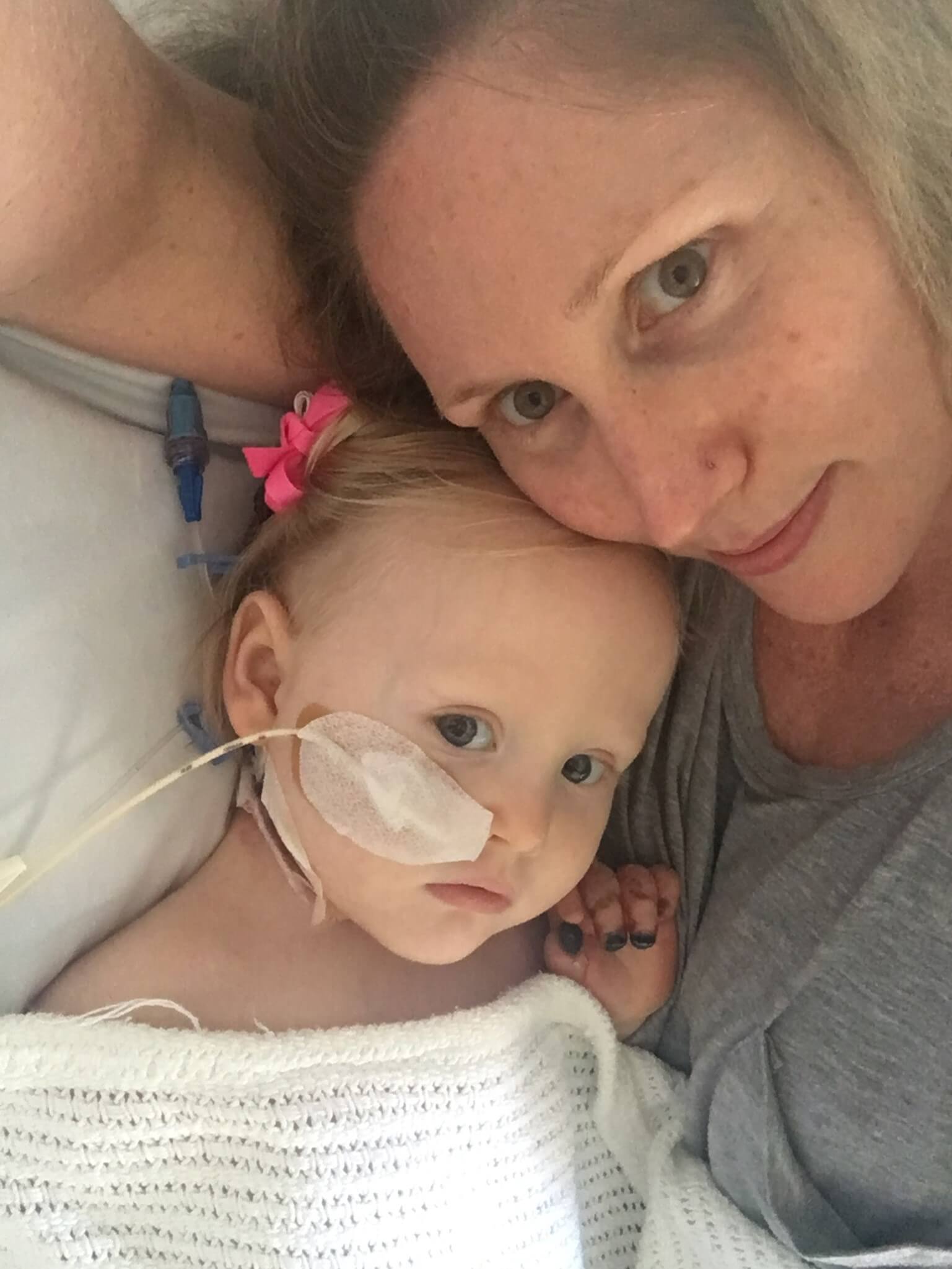Search
Research
Overlapping Streptococcus pyogenes and Streptococcus dysgalactiae subspecies equisimilis household transmission and mobile genetic element exchangeStreptococcus dysgalactiae subspecies equisimilis and Streptococcus pyogenes share skin and throat niches with extensive genomic homology and horizontal gene transfer possibly underlying shared disease phenotypes.
Research
Recombinational exchange of M-fibril and T-pilus genes generates extensive cell surface diversity in the global group A Streptococcus populationAmong genes present in all group A streptococci (GAS), those encoding M-fibril and T-pilus proteins display the highest levels of sequence diversity, giving rise to the two primary serological typing schemes historically used to define strain. A new genotyping scheme for the pilin adhesin and backbone genes is developed and, when combined with emm typing, provides an account of the global GAS strain population.
Research
Look Who's Talking: Host and Pathogen Drivers of Staphylococcus epidermidis Virulence in Neonatal SepsisPreterm infants are at increased risk for invasive neonatal bacterial infections. S. epidermidis, a ubiquitous skin commensal, is a major cause of late-onset neonatal sepsis, particularly in high-resource settings. The vulnerability of preterm infants to serious bacterial infections is commonly attributed to their distinct and developing immune system.
Research
STopping Acute Rheumatic Fever Infections to Strengthen Health (STARFISH)STopping Acute Rheumatic Fever Infections to Strengthen Health (STARFISH) brings together a diverse and multidisciplinary research team to investigate the most effective environmental health initiatives (EHIs) aimed at reducing Strep A infections and prevent Acute Rheumatic Fever (ARF).
Latest news & events at the Wesfarmers Centre of Vaccines & Infectious Diseases.

News & Events
Warm Welcome for the Neonatal Infection and Immunity TeamClinical Professor Tobias Strunk, Dr Andrew Currie and their Neonatal Infection and Immunity Team have become the newest members of the Wesfarmers Centre of Vaccines and Infectious Diseases.

News & Events
Isla's Invasive Strep A Story"I had never heard of invasive Streptococcus A disease before, and I was shocked to hear that it is actually three times more common than meningococcal disease and just as deadly yet there is no vaccine to protect against it."
Research
Strep A (Group A Streptococcus)Streptococcus A is a bacterium often found in the throat and on the skin.

News & Events
Researchers share their expertise with the community in CockburnResearchers from the Wesfarmers Centre of Vaccines and Infectious Diseases at The Kids Research Institute Australia have shared their expertise with the community in Cockburn, covering topics ranging from respiratory disease in babies to recurring ear infections in kids.
Research
Invasive group A Streptococcus disease in Australian children: 2016 to 2018 - a descriptive cohort studyOur aims were to describe the epidemiological distribution of paediatric invasive group A Streptococcus disease in Australia and correlate this with influenza notifications
